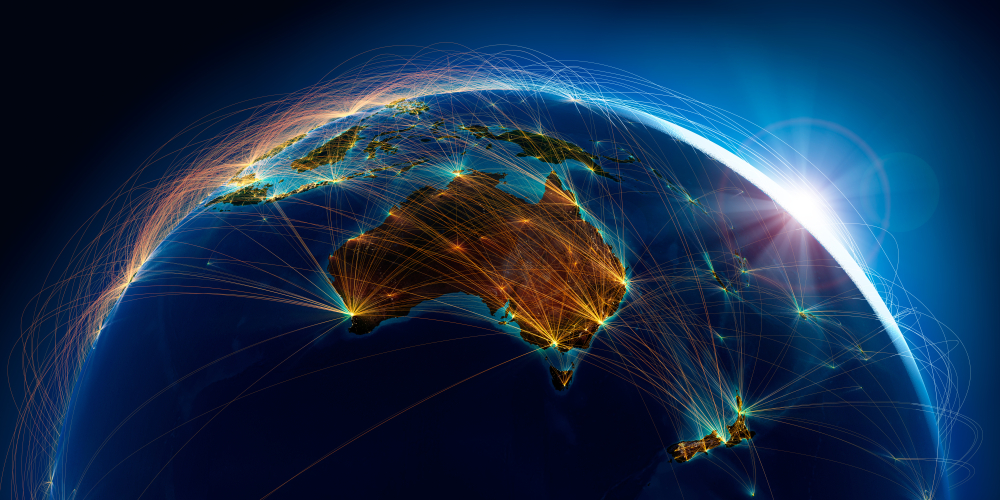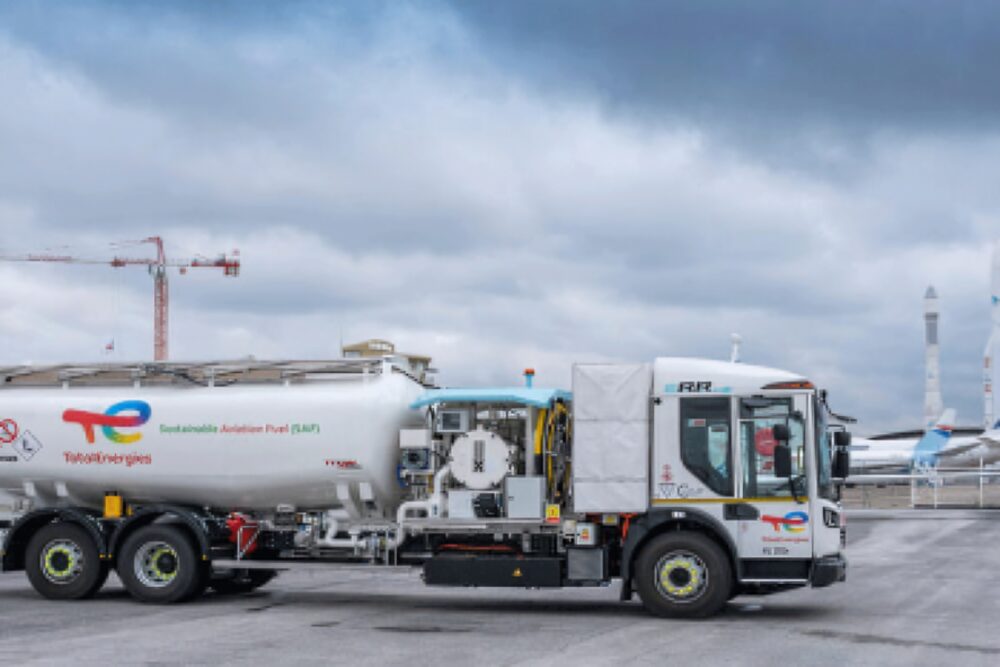
The Smart Cities Council is calling on government and industry to value and activate data in a way that will propel global advancement to more sustainable, productive and liveable built and natural environments.
The Smart Cities Council has announced the participating cohort in its 2021 Digital Twin Challenge, and the projects to be developed in the coming years.
The Digital Twin Challenge cohort will advance a series of 13 projects to help show what is possible with Digital Twin capability, and how it supports the activation of data in a way that supports decision-makers.
The Challenge includes a program of activities that will ultimately benefit the broader marketplace through the development and release of critical knowledge resources.
Some examples of activities include deep peer-to-peer knowledge sharing among the cohort on a monthly basis; a series of international exchanges, in-person intensives and public webinars; regular industry updates sharing progress, via quarterly reporting and the annual Digital Twin Week event; and the use of the Smart Cities Activator Platform to create digital roadmaps for Digital Twin use cases and strategy development processes.
Smart Cities Council Executive Director, Adam Beck, said Australia is at a crossroads in terms of its global commitments such as the United Nations Sustainable Development Goals and the Paris Climate Agreement.
“We believe data leadership and data activation is key to helping us in meeting these commitments,” Mr Beck said.
“With less than a decade left to make significant productivity, equity and sustainability gains for our communities, the Council is going ‘all-in’ on the enabling power of data activation, and the Digital Twin is the superior approach.”
“Across Australia and New Zealand, the value of data in helping deliver more sustainable infrastructure, providing the best community services, promoting economic development and repairing our critical ecosystem services is becoming more evident. We now urgently require the standards, templates, tools and guidance documents to realise this opportunity. The Digital Twin Challenge will help deliver this.”
Mr Beck said the Digital Twin Challenge is the only program of its type globally that is seeking to build a series of assets in a collaborative learning environment that will be shared openly for free for government and industry around the world to benefit from.
“Our goal is to help others accelerate their Digital Twin capability and journey by having a head start and avoiding duplication on common Digital Twin use cases and capability development activities,” he shared.
The 13 projects forming the Digital Twin Challenge range from strategy, data framework and project-level action plans, to landscape-based Digital Twins, GIS and IoT capability templates. Organisation-wide Digital Twin education modules, as well as urban planning and design use cases, feature in the project list.
Mr Beck added: “The most exciting part of the Digital Twin Challenge is going to be the deep engagement among the participating cohort members, who represent public, private and research sectors with interests spanning natural resource conservation, economic development, construction and asset operation, public health and wellbeing and education.”
“Working with our government project co-leads will be a range of private sector and academic peers, sharing their expertise in a collaborative environment to create the next generation of Digital Twin knowledge resources.”
The 2021 Digital Twin Challenge participating cohort members are:
- Autonomation in partnership with ADG Health
- Beca
- City of Launceston, Tasmania Australia
- City of Melbourne, Victoria Australia
- FrontierSI
- Geoscape Australia
- GHD
- GRID Lab @ University of New South Wales
- Lake Macquarie City Council, New South Wales Australia
- Marlborough District Council, New Zealand
- Moreton Bay Regional Council, Queensland Australia
- Office of Planetary Observations
- PCSG
- Sydney Water
- Thinkproject
- WSP
Stakeholders interested in participating in the Digital Twin Challenge should contact the Smart Cities Council here.
Stakeholders can track the progress of the Digital Twin Challenge at the Digital Twin Hub.
More information on the challenge projects can be found below:
- An organisation-wide Digital Twin Strategy – creating a template to support the development of a Digital Twin Strategy for an organisation.
- A ‘GIS to Digital Twin’ Roadmap – creating a module-based Roadmap to help leverage existing GIS capability, and identifying key steps to address gaps in your Digital Twin capability. A similar Roadmap for doing the same for BIM is also proposed as part of this project.
- A model for Digital Twin Data Management – developing a model for information management within a Digital Twin environment.
- Digital Twin as a data sharing and data exchange platform – publishing a Guidance Note on how a Digital Twin journey can be an opportunity to accelerate data sharing and exchange services.
- Artificial intelligence as a driver for Digital Twin performance – publishing knowledge resources on how advanced analytics and artificial intelligence can play a role in Digital Twin success.
- Digital Twin for Sustainability Strategy – creating a blueprint for how Digital Twin capability can strategically support sustainability goals.
- Landscape-based Digital Twin environments – defining the use cases and opportunities for nature-based Digital Twin projects.
- An organisation-wide Digital Twin education program – developing learning materials that support capability development in Digital Twin engagement, action and investment for an organisation.
- A Digital Twin Data Visualisation Roadmap for community engagement – documenting the role of the Digital Twin and its visualisation capabilities in enhancing community engagement.
- A project-level Digital Twin Action Plan – building a template to enable Digital Twin capability to be advanced as part of an existing or new project, such as a main street renewal, library development, utilities upgrade.
- Digital Twin pilot for city planning and design – Identifying and documenting how city planning and urban design processes can be further optimised with Digital Twin capability.
- A Digital Twin Asset Optimisation Framework – building a framework to apply Digital Twin capability to the management and optimisation of core assets.
- An ‘IoT for Digital Twin’ Strategy – developing a framework for embedding the Internet of Things as a core enabler of Digital Twin capability.












